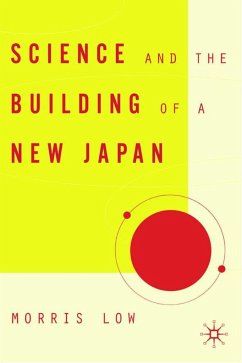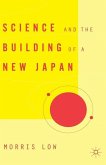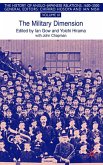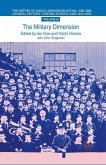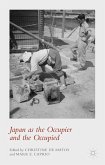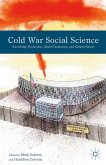This book highlights the importance of individuals in the shaping of postwar Japan by providing an historical account of how physicists constituted an influential elite. An history of science perspective provides insight into their role, helping us to understand the hybrid identity of Japanese scientists, and how they reinvented not only themselves, but also Japan. The book is special in that it uses the history of science to deal with issues relating to Japanese identity, and how it was transformed in the decades after Japan's defeat. It explores the lives and work of seven physicists, two of whom were Nobel prize winners. It makes use of little-known Occupation period documents, personal papers of physicists, and Japanese language source material.
"In this new and compelling social and political history, Morris Low explores the self-fashioning of Japanese physicists, their engagement with Western science and their role in the modernization and post-war reconstruction of Japan. With authority and insight, Low guides us through the multi-layered institutional landscape of the physical sciences in twentieth century Japan in war and peace. His incisive analysis is a major contribution to the history of modern Japan, as well as to the history of twentieth century science."
- Dr. Jeff Hughes, Senior Lecturer in History of Science and Technology, University of Manchester, UK
"A worthy and important contribution to the field of science history." - Walter Grunden - ISIS
- Dr. Jeff Hughes, Senior Lecturer in History of Science and Technology, University of Manchester, UK
"A worthy and important contribution to the field of science history." - Walter Grunden - ISIS

